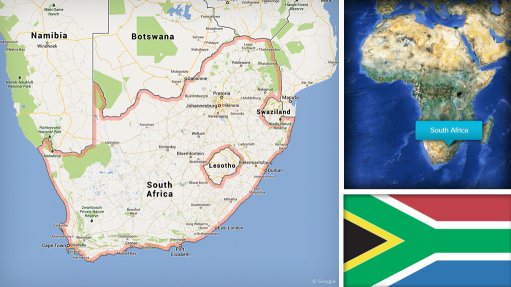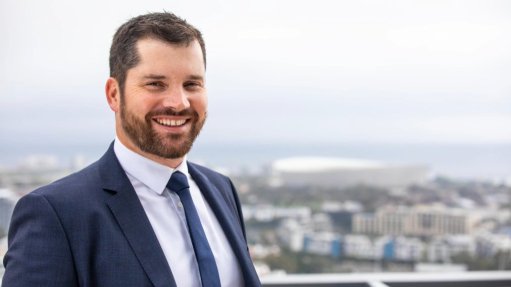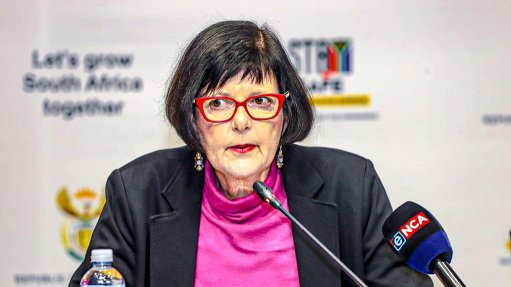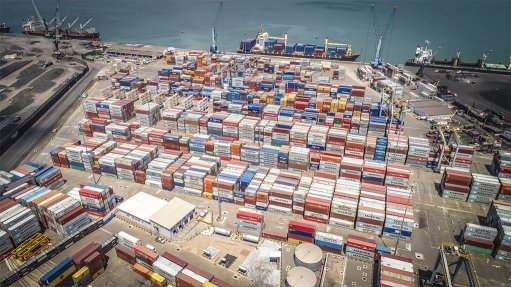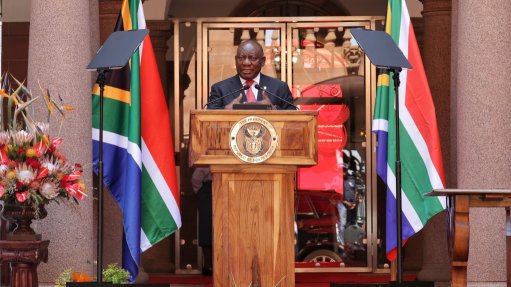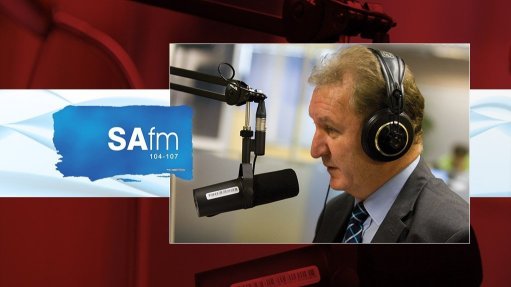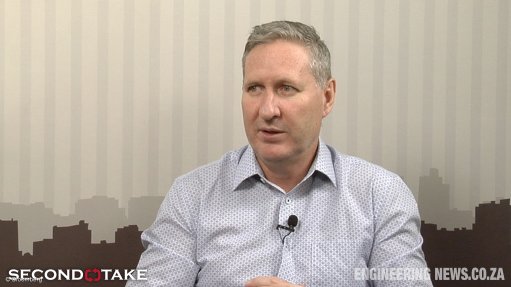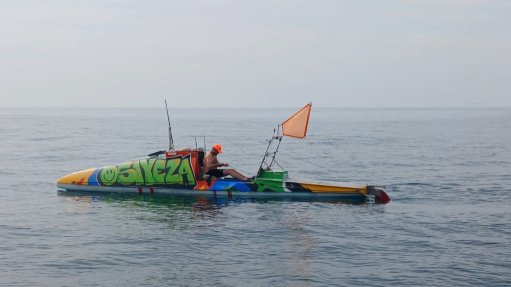African infrastructure projects on a par with global best practices

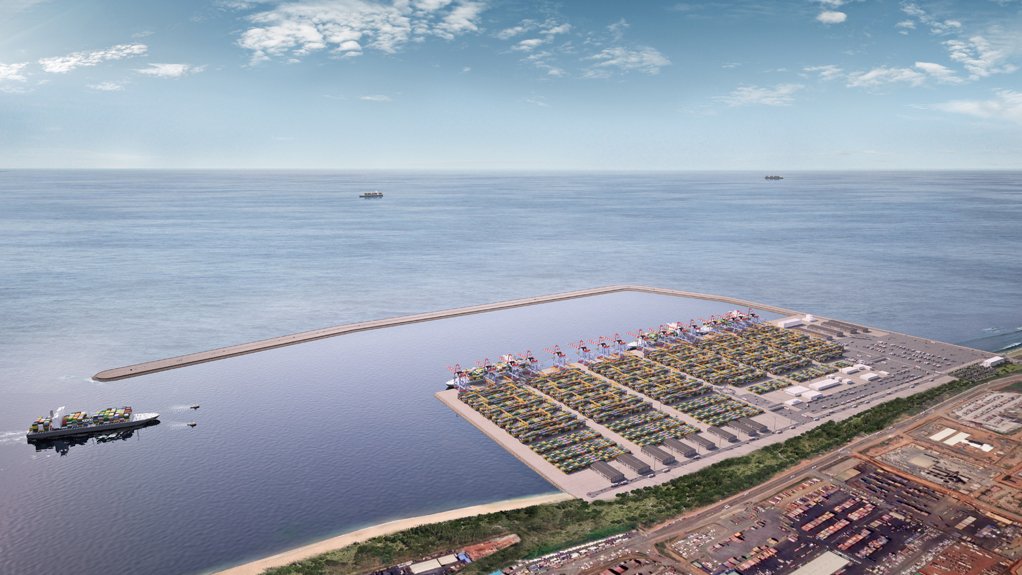
TEMA PORT The Tema Port Expansion Project, in Ghana, meets global engineering best practices for ground and civil engineering, sustainability and environmental and social impact
African infrastructure projects are conforming to, and sometimes setting, global engineering best practices, says infrastructure and engineering multinational AECOM Africa civil infrastructure lead Darrin Green.
Large-scale engineering projects worldwide require a range of technical, by multidisciplinary engineering, including geological, geotechnical and environmental work, to ensure their effectiveness and sustainability from their design and operation to decommissioning and rehabilitation.
Effective engineering and project management work result in positive impacts by infrastructure development, which typically delivers a return on investment of between 5% and 25% if properly designed, and also supports a commensurate acceleration of infrastructure development if projects are successfully delivered.
Africa faces an infrastructure deficit and an infrastructure funding gap that hampers the construction of primary infrastructure on the continent. Properly designed and managed infrastructure projects will bolster credibility and improve access to funding, says Green.
“AECOM oversees the construction of, and management of, construction companies for the Tema Port expansion project, in Ghana, a large container terminal port. This project, one of several in Africa we are involved in, requires the capabilities of multidisciplinary engineering and science teams,” says Green.
AECOM Africa environment and ground engineering MD Dr Kim le Roux, who is also involved in the Tema project, confirms that the diversity of engineering teams is important to achieve the best outcomes for infrastructure projects, including shaping their long-term impact on societies and the environment.
“AECOM has focused on cultivating multiple engineering and science disciplines in-house into integrated multidisciplinary capabilities, enabling the company to support African infrastructure projects across, and within any part of, the infrastructure delivery value chain,” says Green.
Meanwhile, AECOM is in the early stages of entrenching its footprint in Africa. It has about 800 employees on the continent with offices in Botswana, Kenya, Lesotho, Mozambique, Nigeria, South Africa and Uganda, AECOM Africa CE Carlos Poñe highlights.
The company has also been involved in several projects across South Africa and the continent, including the Mooi-Mgeni water transfer dam, in KwaZulu-Natal, the Kasane International Airport Improvement Project, in Botswana, and the Tema Port Expansion Project, in Ghana. It is involved in several projects throughout the continent, although it is focusing on the eight countries where it has a footprint to anchor its growth in Africa, he says.
Primary infrastructure, such as water and wastewater treatment, power generation and transmission, roads, railways, ports and airports, is important to allow for greater economic growth, but crucially serves as a necessary foundation for secondary infrastructure, including healthcare, telecommunications, logistics and services, adds Green.
“We believe strongly in supplier development and localisation. This focus on people aligns closely with the growth, procurement and transformation objectives of any country, along with a strong element of job creation and enterprise development. “The aim of localisation and supplier development is to increase competitiveness, capability, capacity and skills. “This will help to stimulate infrastructure development and lead to more successful infrastructure delivery.”
AECOM has achieved a Level 1 Broad-Based Black Economic Empowerment rating for 2018 in South Africa, owing to its skills transfer, localisation and skills development initiatives, highlights AECOM Africa CFO Joe Ndala.
Comments
Press Office
Announcements
What's On
Subscribe to improve your user experience...
Option 1 (equivalent of R125 a month):
Receive a weekly copy of Creamer Media's Engineering News & Mining Weekly magazine
(print copy for those in South Africa and e-magazine for those outside of South Africa)
Receive daily email newsletters
Access to full search results
Access archive of magazine back copies
Access to Projects in Progress
Access to ONE Research Report of your choice in PDF format
Option 2 (equivalent of R375 a month):
All benefits from Option 1
PLUS
Access to Creamer Media's Research Channel Africa for ALL Research Reports, in PDF format, on various industrial and mining sectors
including Electricity; Water; Energy Transition; Hydrogen; Roads, Rail and Ports; Coal; Gold; Platinum; Battery Metals; etc.
Already a subscriber?
Forgotten your password?
Receive weekly copy of Creamer Media's Engineering News & Mining Weekly magazine (print copy for those in South Africa and e-magazine for those outside of South Africa)
➕
Recieve daily email newsletters
➕
Access to full search results
➕
Access archive of magazine back copies
➕
Access to Projects in Progress
➕
Access to ONE Research Report of your choice in PDF format
RESEARCH CHANNEL AFRICA
R4500 (equivalent of R375 a month)
SUBSCRIBEAll benefits from Option 1
➕
Access to Creamer Media's Research Channel Africa for ALL Research Reports on various industrial and mining sectors, in PDF format, including on:
Electricity
➕
Water
➕
Energy Transition
➕
Hydrogen
➕
Roads, Rail and Ports
➕
Coal
➕
Gold
➕
Platinum
➕
Battery Metals
➕
etc.
Receive all benefits from Option 1 or Option 2 delivered to numerous people at your company
➕
Multiple User names and Passwords for simultaneous log-ins
➕
Intranet integration access to all in your organisation








